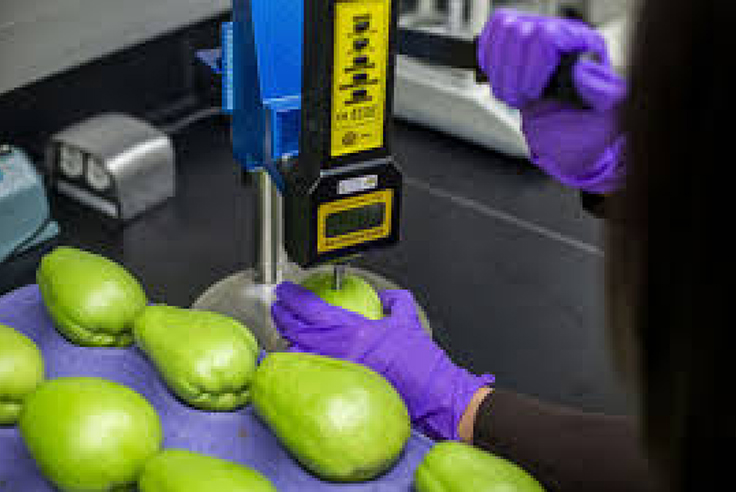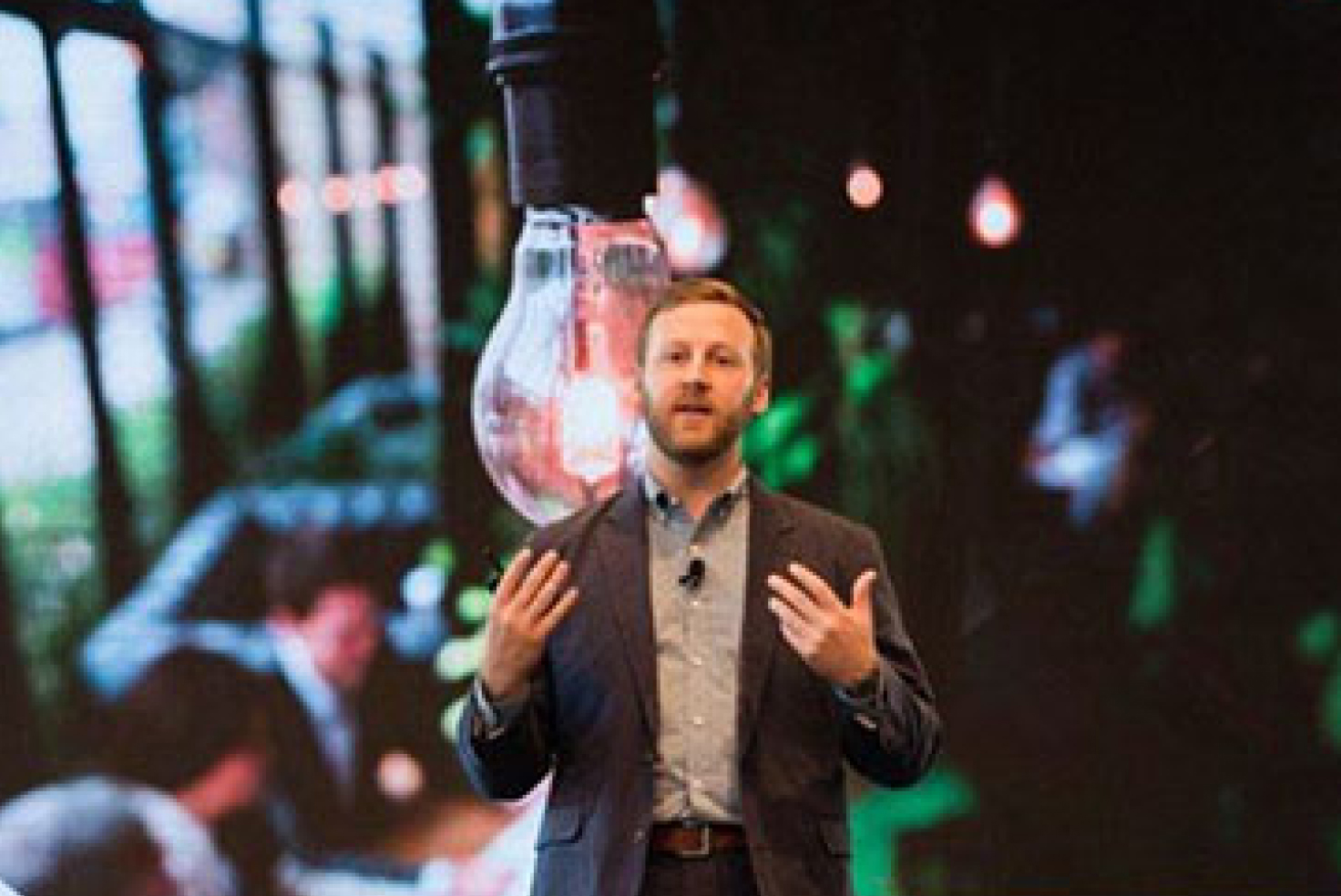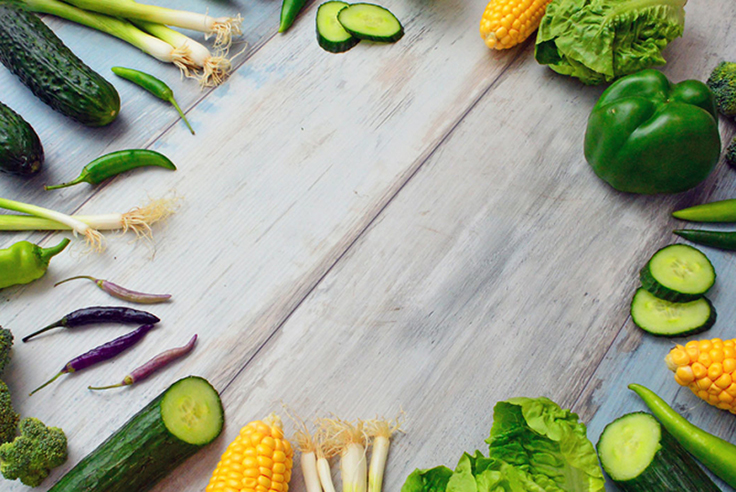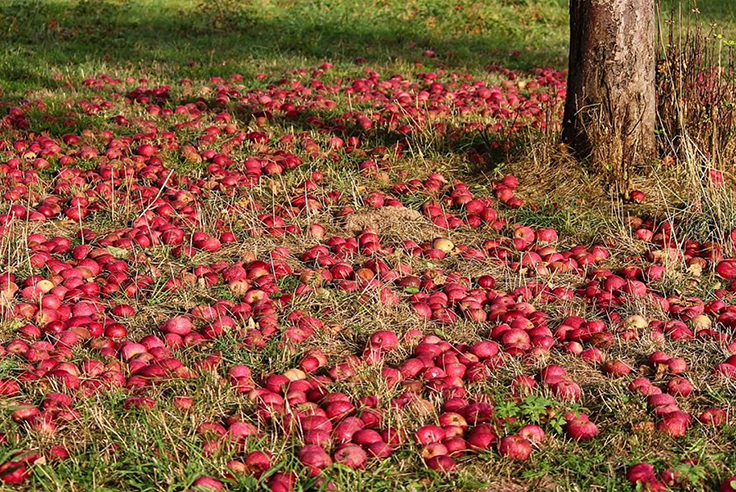Food Waste Solution Search
Solution Search for Food Waste Innovators
Closed Loop Foundation ran a solution search for food waste innovations to provide seed capital to support winning companies and their projects that have the potential to reduce food waste at scale.
Food Waste Solution Search Grantees
Full Cycle Bioplastics
Creates a circular-economy solution for food waste and plastic pollution by converting post consumer food waste into a compostable bioplastic.
Vermont Natural Ag Products
Recaptures renewable thermal energy created in its compost system to reduce energy consumption, time and therefore cost of creating the compost product.
Hold That Tray
Education, diversion, and combined anaerobic digestion/composting to highlight the value in food not served or wasted.
ALL IN Alameda
Comprehensive social enterprise to efficiently recover wasted food from retail
Renewal Mill
Harvests undervalued byproducts from current food production processes and upcycles them into high – value nutritious and wholesome products
BioWorks Energy/Flint, MI
Technology to make food waste into a sludge that can be incorporated into waste water digesters.
Georgia Tech
Add value to food waste nutrients by converting these nutrients into algal meal fish feed for aquaponic urban farming systems positioned at schools.
Indiana Recycling Coalition
Building a system solution for restaurant and retail composting by building a collection and processing system.
ReFed Report
Closed Loop Foundation is a leading supporter of ReFed, a report determining food waste solutions based on their ability to merge strong economic returns with optimal social and environmental benefits.
Every year, American consumers, businesses, and farms spends $218 billion a year, or 1.3% of GDP, growing, processing, transporting, and disposing of food that is never eaten. That’s 52 million tons of food sent to landfill annually, plus another 10 million tons that is discarded or left unharvested on farms. Meanwhile, one out of seven people in America are food insecure.
ReFED is a collaboration of over 50 business, nonprofit, foundation, and government leaders committed to reducing food waste in the United States. ReFED seeks to unlock new philanthropic and investment capital, along with technology, business, and policy innovation, which is projected to catalyze tens of thousands of new jobs, recover billions of meals annually for the hungry, and reduce national water use and greenhouse gas emissions. ReFED was formed in early 2015 to create The Roadmap to Reduce U.S. Food Waste, the first ever national economic study and action plan driven by a multi-stakeholder group committed to tackling food waste at scale.
Statistics
Food waste consumes 21% of all freshwater
Food waste consumes 19% of all fertilizer
Food waste consumes 18% of cropland
Food waste consumes 21% of landfill volume
ReFED’s Work
ReFED has identified 27 of the best opportunities to reduce food waste through a detailed economic analysis. The solutions were analyzed using the EPA Food Recovery Hierarchy — which prioritizes prevention first, then recovery, and finally recycling — as a starting point. Additional filters of economic value and feasibility were incorporated to understand the potential for scaling solutions.
Prevention is the first step in reducing the amount of waste being produced
- ReFED identified 12 solutions in the prevention phase to reduce food waste including: standardized date labeling, consumer education campaigns, packaging adjustments, spoilage prevention packaging, waste tracking and analytics, trayless dining, smaller plates, cold-chain management, manufacturing line optimization, improved inventory management, produce specification standards and secondary resellers.
- The prevention phase is where we see the highest financial benefits and total amount of water saved among the 27 opportunities to reduce food waste
Recovery is the second step in developing solutions for the redistribution of food to people in need
- ReFED identified 7 solutions in the recovery phase to reduce food waste including: donation matching software, standardized donation regulation, donation liability education, value-added processing, donation storage and handling, donation transportation and donation tax incentives.
- The recovery phase is where we see the highest number of meals recovered among the 27 opportunities to reduce food waste.
Recycling is the final step in developing solutions for the repurposing of food waste as energy, agricultural and other products
- ReFED identified 8 solutions in the recycling phase to reduce food waste including: centralized composting, centralized anaerobic digestion (AD), community composting, water resources recovery facility with AD, home composting, animal feed, in-vessel composting and commercial greywater aerobic digestors.
- The recovery phase is where we see the highest amount of waste diverted and jobs created among the 27 opportunities to reduce food waste.
Film Recycling Solution Search
Solution Search for Film Recyclers
Closed Loop Foundation ran a solution search for innovators in the film recycling space. Drought Diet Products was announced as an awardee, using post-consumer film plastic feedstock in its irrigation piping products.
Food Waste Solution Search Grantees
Full Cycle Bioplastics
Creates a circular-economy solution for food waste and plastic pollution by converting post consumer food waste into a compostable bioplastic.
Vermont Natural Ag Products
Recaptures renewable thermal energy created in its compost system to reduce energy consumption, time and therefore cost of creating the compost product.
Hold That Tray
Education, diversion, and combined anaerobic digestion/composting to highlight the value in food not served or wasted.
ALL IN Alameda
Comprehensive social enterprise to efficiently recover wasted food from retail
Renewal Mill
Harvests undervalued byproducts from current food production processes and upcycles them into high – value nutritious and wholesome products
BioWorks Energy/Flint, MI
Technology to make food waste into a sludge that can be incorporated into waste water digesters.
Georgia Tech
Add value to food waste nutrients by converting these nutrients into algal meal fish feed for aquaponic urban farming systems positioned at schools.
Indiana Recycling Coalition
Building a system solution for restaurant and retail composting by building a collection and processing system.




